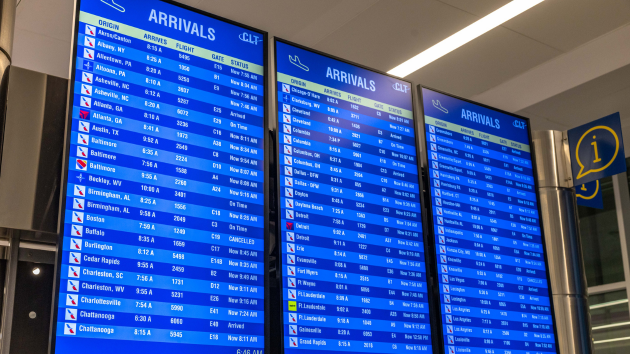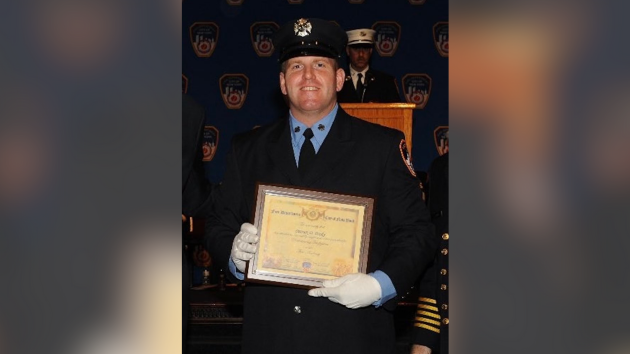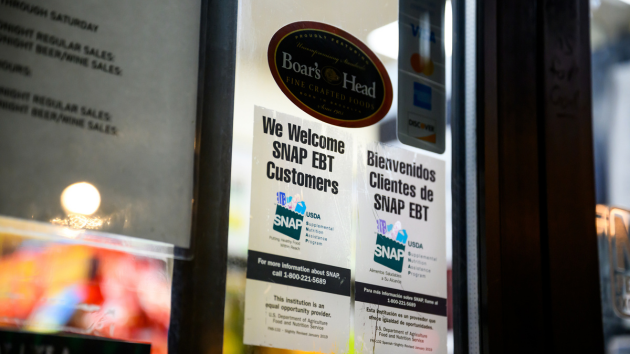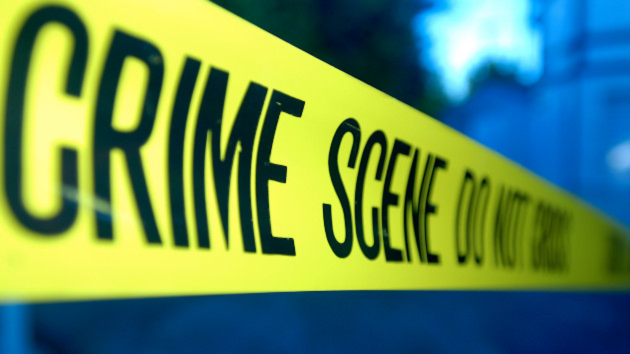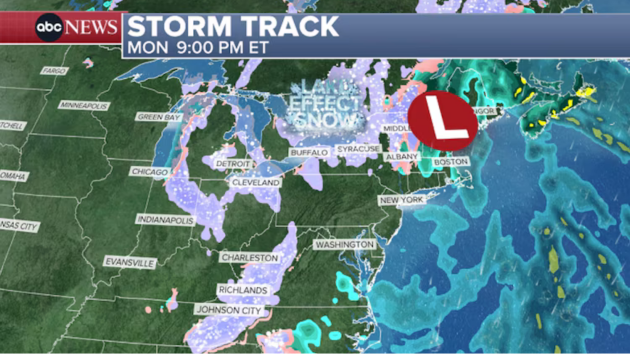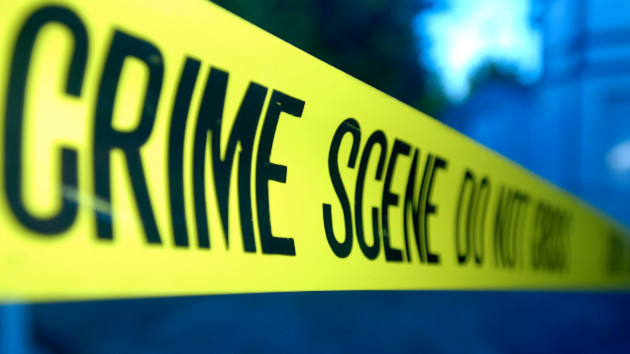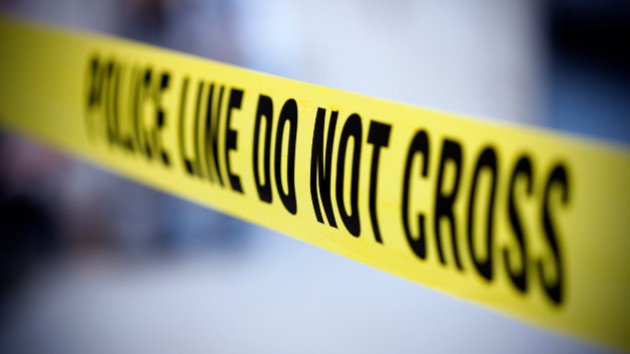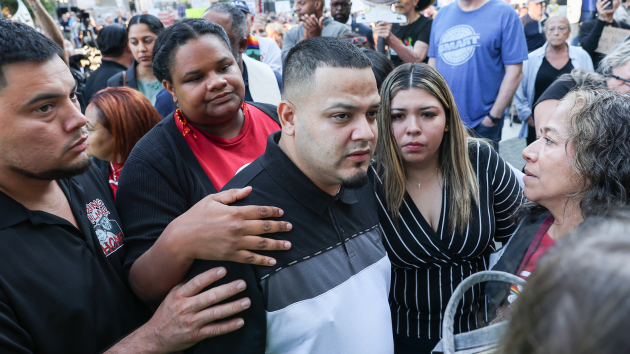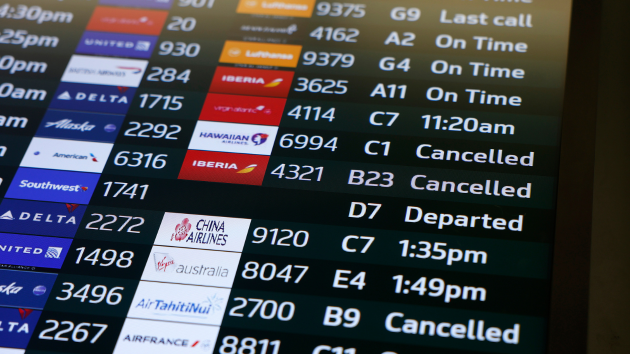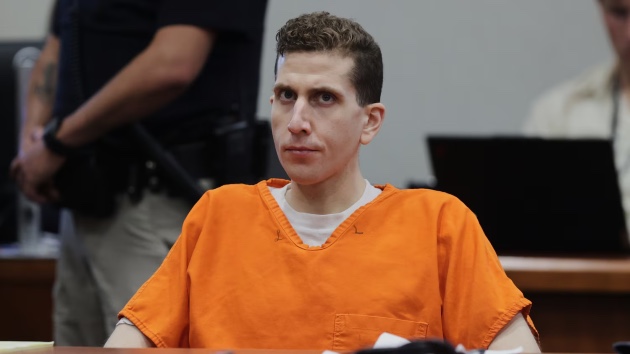
(NEW YORK) — As part of his studies in the fall of 2022, then-criminology Washington State University Ph.D. student Bryan Kohberger proposed researching criminals’ emotions and how they made decisions. In November, the scholar of crime would go on to stab four college students to death.
Buried in nearly 700 pages of evidence photos, the Idaho State Police released a trove of Kohberger’s homework assignments from his Pullman, Washington, apartment. The pictures were released in response to public records requests, including from ABC News.
They are among the thousands of pages of records now being released in the wake of Kohberger’s decision to plead guilty to killing Kaylee Goncalves, Madison Mogen, Ethan Chapin and Xana Kernodle in the early morning hours of Nov. 13, 2022. He was sentenced to life in prison without the possibility of parole in July.
“Not all criminal actions reflect a rational, instrumental process,” Kohberger wrote for one of his classes. “Crimes of passion involve reactive violence, which manifests due to intense emotional arousal, confounding notions of an exclusively cold, criminal calculus.”
He said he wanted to understand “how emotions, both positively and negatively valanced, influence the decision-making involved in burglary before, during and after crime-commission.” He suggested conducting “in-person, semi-structured” jailhouse interviews.
Investigators pored over everything they found among Kohberger’s possessions in order to help piece together a portrait of their suspect. Kohberger’s writings indicated that he had not only steeped himself in studying crime — he had shown desire to get inside criminals’ heads, according to investigators.
“That, in and of itself, would not make him a criminal. There’s others out there that are deeply fascinated in studying people that would never probably even consider committing the crime,” said Ed Jacobson, who was the FBI’s Acting Supervisor for the Couer d’Alene and Lewiston offices during the Moscow investigation.
“Once we arrested him, the [Behavioral Analysis Unit] is out there. They are going through the phones. They’re going through every bit of information we’ve gathered on this guy,” Jacobson said. “We’re looking for evidence we can show in court. They’re looking at it as the broader spectrum. They’re trying to get into this guy’s thinking patterns. It goes to knowledge, and potentially motive. Doesn’t make him guilty — but a lot of other stuff did.”
Prosecutors had planned to use Kohberger’s homework against him at trial. They would have used some of his assignments to show he had intently “studied crime” — and knew exactly how to cover his tracks after committing murder. “He had that knowledge and skill,” lead prosecutor Bill Thompson said at the July 2 plea hearing.
The now-admitted killer also wrote at length about how “procedural injustice” in the American system “has produced many false confessions.”
“False guilty pleas manifest due to a lack of judicial oversight and plea deals that seem to compel defendants to enter them,” Kohberger wrote. “If defendants fail to accept a plea bargain, prosecutors will pursue the strictest charges.”
“Some people simply plead guilty to crimes they did not commit as to choose the lesser of two evils,” he said. Kohberger also pointed to “eyewitness misidentification” as an issue and noted a potential remedy: “increasing video surveillance in public places.”
In another paper, Kohberger described how “imprudent application of prosecutorial power” fostered mass incarceration. He wrote about a 2005 murder case involving a woman who was convicted of her mother’s murder, and who later won her release. Kohberger wrote how the prosecutor “behaved highly unethically” and the woman was “forced” to “accept the evidence against her.”
“If she failed to comply, this would leave [the accused woman] with no future, and in an attempt to salvage what was left of her life, she acquiesced,” Kohberger wrote. “Though one cannot ascertain [her] actual guilt, her case is reminiscent of the rushed process that precipitates false imprisonment.”
Another seven-page paper explored what Kohberger called a “gruesome” stabbing murder case. “Blood pooled around him and was spattered on the walls and television near his body,” Kohberger said, describing how the victim was found. He noted grisly details from the scene “would be a reminder of the seriousness” of the crime to jurors. Kohberger added that the alleged killer’s DNA evidence was found at the scene which belied his “initial account.”
In an essay quiz dated Oct. 19, 2022, Kohberger discussed whether the death penalty is a “valid public policy, especially in the context of history and morality.” He argued that in fact, capital punishment is not effective.
“There is no evidence of deterrent effects, and there remains an even better argument that, rather than preventing anarchy and disorder, the divisive policy may increase it in due time,” Kohberger wrote. In his papers on the death penalty, he cited some of the same court decisions his lawyers would later use in an unsuccessful attempt to take the death penalty off the table in his own case.
By the end of the fall 2022 semester, Kohberger’s status at the university was in jeopardy, according to police records.
Just 11 days before he would carry out the quadruple killing, Kohberger was sent a letter from his graduate program how to adjust his behavior — or face further discipline.
The “improvement plan,” dated Nov. 2, 2022 and issued by WSU Department of Criminal Justice and Criminology, directed Kohberger to establish goals and meet with a supervisor weekly. Among the steps he was directed to take was to “make sure weekly goals are progressively harder to ensure progress throughout the rest of the semester.”
Copyright © 2025, ABC Audio. All rights reserved.
- More than 1,100 flights canceled Sunday amid nationwide air travel disruption - November 9, 2025
- NYC firefighter dies after ‘medical episode’ while battling 5-alarm Brooklyn fire - November 8, 2025
- In SNAP appeal, Trump administration says it faces more harm than people who can’t buy food: ANALYSIS - November 8, 2025

